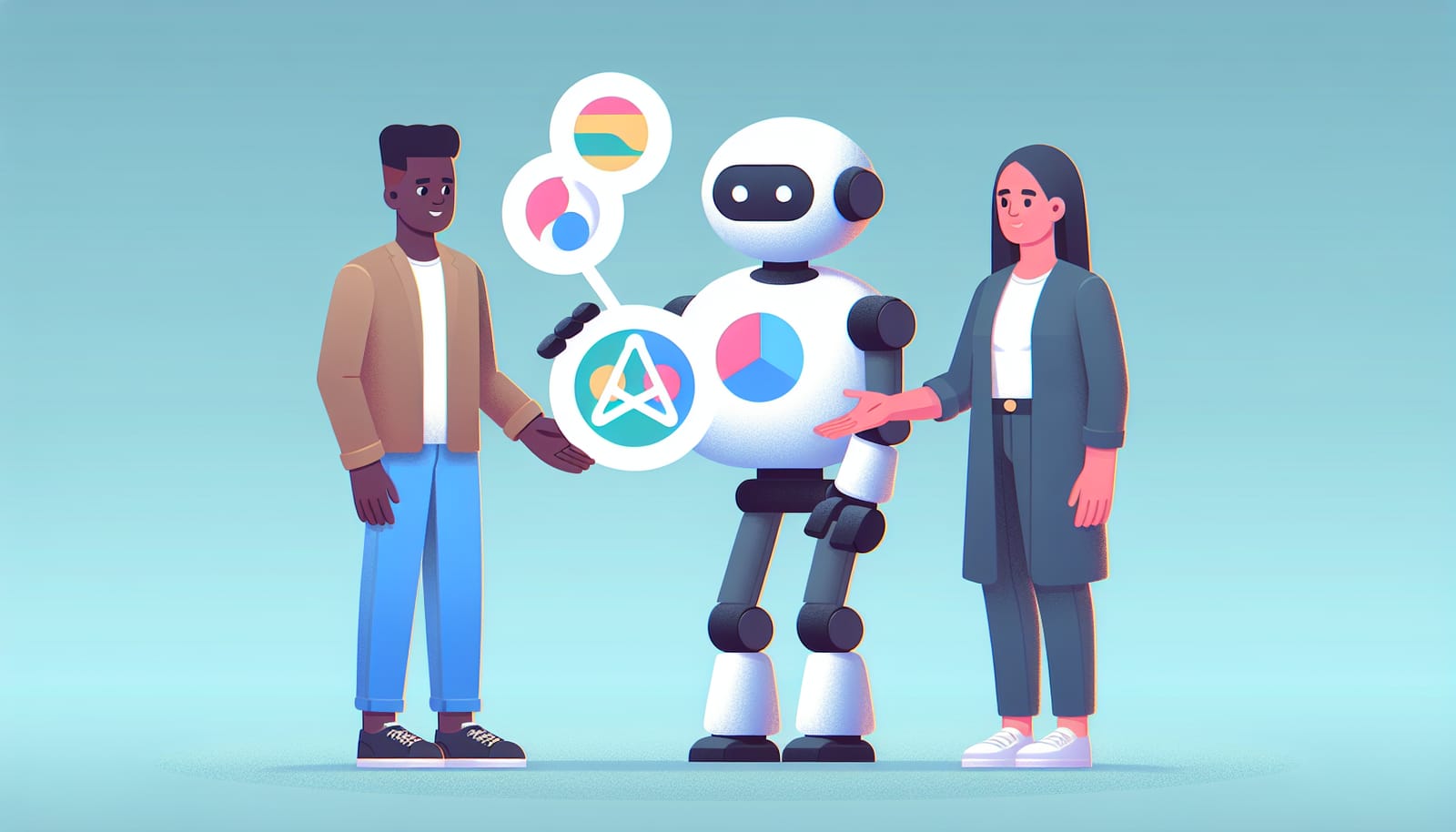Artificial Intelligence (AI) is one of the most talked-about topics in today’s world. With its rapid growth and increasing presence in our daily lives, it’s no wonder that some people feel apprehensive about what AI means for the future. But while fear is a natural response to the unknown, it’s essential to understand the reality of AI and what we should genuinely be concerned about. In this article, we’ll explore the reasons behind the fear of AI and shed light on the real issues we should keep an eye on as technology continues to evolve.
Understanding the Fear of AI
The fear of AI often stems from its portrayal in movies and media, where intelligent machines turn against humanity. Films like "The Terminator" or "Ex Machina" present dystopian futures where AI becomes uncontrollable and threatens human existence. These dramatic interpretations can lead to misconceptions about what AI is and what it can actually do.
On a more practical level, some people fear job loss due to automation. As AI technology advances, many tasks that humans have traditionally performed are now being taken over by machines. This shift can lead to anxiety about the future of work and economic stability. However, it’s crucial to recognize that while AI can replace certain jobs, it also creates new opportunities for employment in fields that didn’t exist before.
The Reality of AI
To better understand AI, let's break down what it truly is. At its core, AI refers to computer systems designed to perform tasks that typically require human intelligence. This can include learning, reasoning, problem-solving, and even understanding natural language. AI is not a single entity; rather, it encompasses a wide range of technologies, including machine learning, natural language processing, and computer vision.
Machine learning, a subset of AI, allows systems to learn from data and improve over time without being explicitly programmed. This means that as AI is exposed to more information, it gets better at making predictions and decisions. For example, AI algorithms can analyze vast amounts of data in medical research, leading to quicker diagnoses and more personalized treatments.
What Should We Actually Worry About?
While it’s easy to get caught up in the sensationalized fears surrounding AI, there are genuine concerns that deserve our attention.
1. Ethical Use of AI
One significant concern is the ethical implications of AI. As we develop more sophisticated AI systems, we must ensure they are designed and used responsibly. This includes addressing issues like bias in AI algorithms, which can lead to unfair treatment of certain groups. For instance, if an AI system is trained on biased data, it may perpetuate those biases in its decisions, affecting areas like hiring practices or law enforcement.
2. Privacy and Security
Another area of concern is privacy. AI technologies often rely on large datasets, which can include personal information. This raises questions about how that data is collected, stored, and used. There’s a risk of unauthorized access or misuse of sensitive information, which can have serious consequences for individuals and society as a whole. Ensuring robust data protection measures and transparency in AI practices is crucial to address these concerns.
3. Dependence on Technology
As we integrate AI into our lives, there’s a risk of becoming overly reliant on technology. While AI can assist us in various tasks, it’s vital to maintain a human touch. Over-dependence could lead to a decline in critical thinking and problem-solving skills. Balancing the use of AI with human intuition and creativity is essential for a healthy relationship with technology.
Embracing the Positive Aspects of AI
Despite the fears and concerns, it’s important to recognize the positive potential of AI. When used responsibly, AI can significantly improve our lives. Here are some exciting applications of AI that showcase its benefits:
1. Healthcare Innovations
AI is revolutionizing the healthcare industry. From predictive analytics that help doctors diagnose illnesses early to robotic surgery that allows for greater precision, AI is enhancing patient care. For example, AI algorithms can analyze medical images to identify tumors that may be missed by the human eye, leading to earlier interventions and better outcomes.
2. Environmental Solutions
AI also plays a vital role in addressing environmental challenges. By analyzing data on weather patterns, AI can help predict natural disasters and improve disaster response. Additionally, AI is being used in agriculture to optimize crop yields and reduce waste, contributing to sustainable food production.
3. Education and Learning
In education, AI is making learning more personalized. Adaptive learning platforms can tailor lessons to individual student needs, helping them learn at their own pace. This allows for a more engaging and effective educational experience, ensuring that every student can reach their full potential.
Moving Forward with AI
As we navigate the complex landscape of AI, it’s essential to approach it with a balanced perspective. While it’s natural to have concerns, we must focus on how we can harness the power of AI for good. This involves promoting ethical practices, prioritizing data privacy, and ensuring that we remain active participants in our decision-making processes.
By engaging in discussions about AI and advocating for responsible use, we can shape a future where technology enhances our lives rather than detracts from them. It’s vital to educate ourselves and others about the realities of AI, dispelling myths, and fostering a culture of curiosity and innovation.
In conclusion, while some fear AI due to its portrayal in media and concerns about job loss, the true focus should be on ethical use, privacy, and maintaining our human touch in a technology-driven world. By embracing the positive aspects of AI and addressing the real issues, we can create a future where AI serves as a powerful ally in addressing the challenges we face.
Let’s be excited about the possibilities AI brings, while also staying vigilant about its implications. The future is bright, and with responsible stewardship, we can ensure that AI works for everyone’s benefit.


